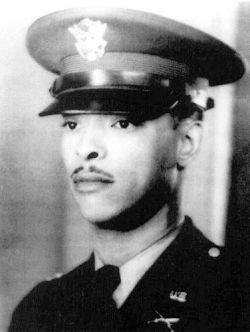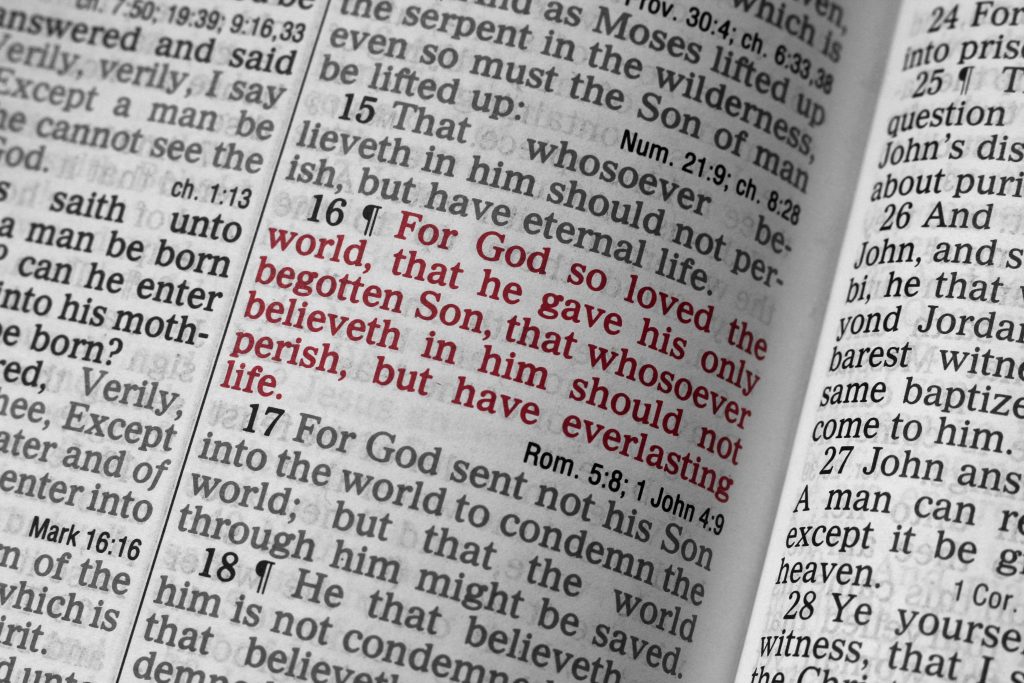Saying “I’m Sorry” is a Lot Easier Than Actually Living It Out
Changing is not an easy thing to do. It’s a lot easier to say the words than it is to really change. Words come out of our mouths and roll off our tongues like warm butter on a hot biscuit. Then we move on to the next thing we’re going to need to say “I’m sorry” for.

When we get caught doing something wrong, it’s natural to feel embarrassed and even truly sorry. However, we can get stuck in a rut of saying “I’m sorry” but not actually change anything. The Bible tells us, “If we confess our sins to God, he can be trusted to forgive us and take our sins away.” (1 John 1:9)
So according to the Bible, we must say that we’re sorry, but it doesn’t stop there. “Turn back to God! The kingdom of heaven will soon be here.” (Matthew 3:2)
Saying I’m sorry is not enough.
The children’s message given by sisters Lesa and Jodi illustrated this very well.
Banana Smashing Skit
Jodi: Ooh…I love bananas. I see you have some tasty bananas there.
Lesa: Yep! I do! Would you like one?
Jodi: Oh yes! I would!
Lesa: Okay, I’ll get you one. (Places a banana on the table away from the bunch and smashes it.)
Jodi: Hey! You said you were going to give me a banana, not smash it. How can I eat a smashed banana?
Lesa: Oh dear! I am so sorry. Truly sorry. Let me get you one right now. (Gets another banana and smashes it.)
Jodi: Have you gone bonkers? That was my banana. You said you were giving me that. Now there are two smashed bananas. I don’t think you are really sorry.
Lesa: (Puts down the mallet.) Yes, I am truly sorry. Look, I am putting down my hammer. Would you like a banana?
Jodi: Well, yes, I would but no more smashing.
Lesa: No problem. Now close your eyes.
Jodi: No way. You might smash a banana on me.
Lesa: Never. I am sorry, really.
Jodi: Okay. (The volunteer closes his eyes.)
Lesa: (Picks up a banana, peels it, and takes a bite.) Yum!
Jodi: (Opens her eyes.) Hey!!!!

Well, what do you think? Was she really sorry? I don’t think so. How could we tell? Because she didn’t change her behavior.
To repent is to regret so deeply as to change the mind or conduct and develop new mental or spiritual habits.
Last week Pastor Buffum asked us to read through the first 3 chapters of Luke. This week she went through them pointing out the connections of cousins John and Jesus. Their similarities and their differences.
In Luke 3:3-18, John is telling people to turn back to God and their sins will be forgiven. He told us to get ready and stop just saying we’re sorry and to do something to show that we’re really giving up our sins.
John said that just because we say that we’re Christians doesn’t mean that we are. God can turn stones in to Christians if He wants to.
God has an axe ready to cut down any tree that’s not producing good fruit and throw it in the fire.
I don’t know about you…but I don’t want to be thrown in the fire.
The crowds asked John, “What should we do?” He said to share your food and clothes with those who don’t have any. To stop charging people more than they owe and not to scare people into paying you to keep them safe.
Repentance requires more than just words. It is being aware of the need for change and doing something about it.
Repentance is a commitment to change and do better.





























